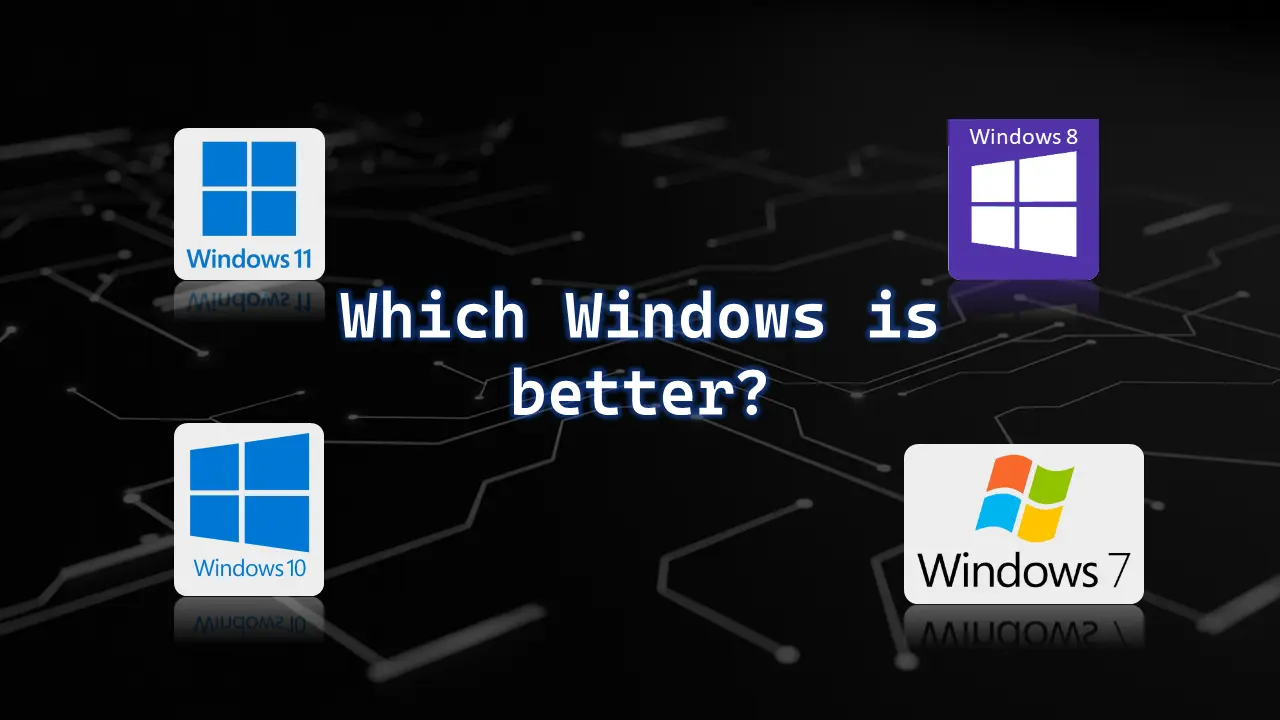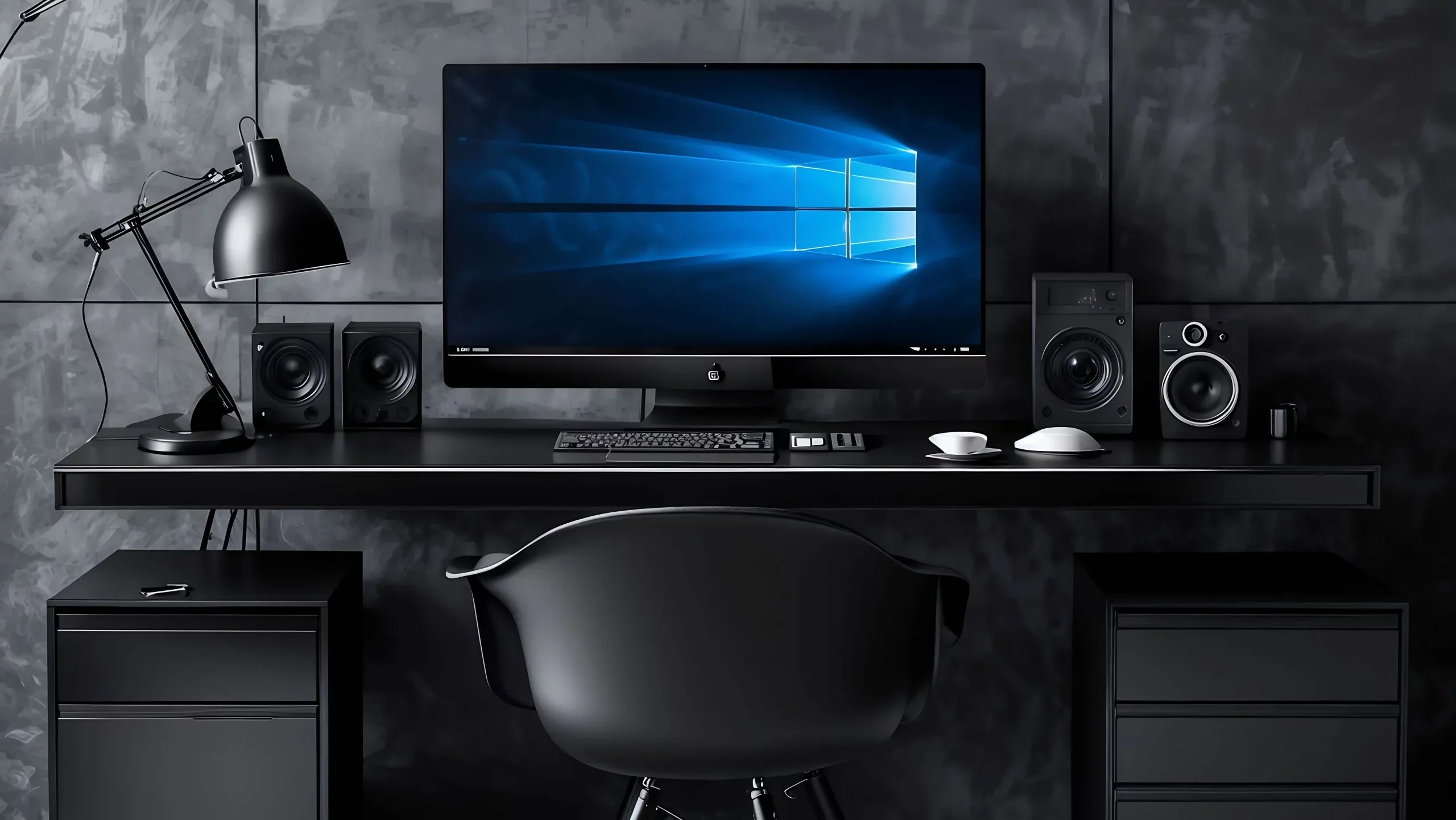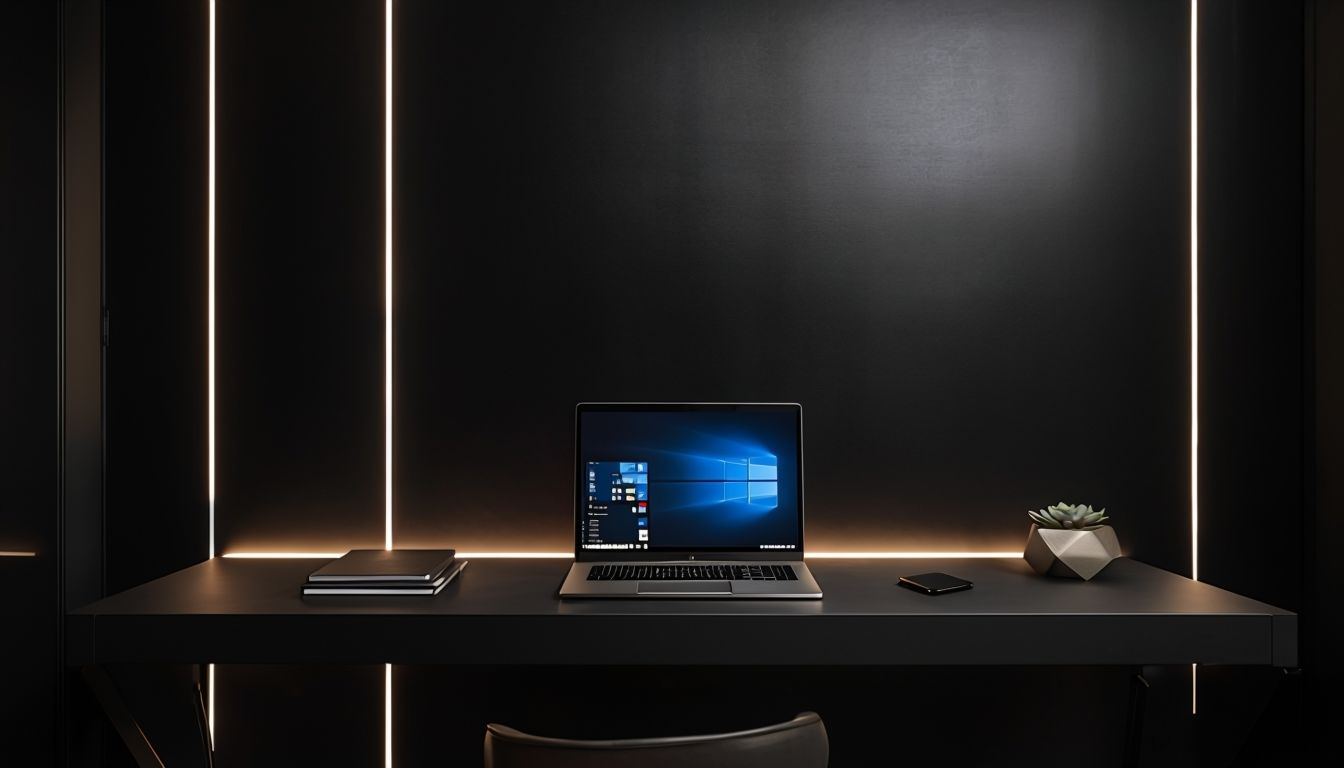
In the vast universe of operating systems, the question “which Windows is better” doesn’t have a single, universal answer. The ideal Windows version depends entirely on your specific needs, your computer’s hardware, and its primary use. It’s not about an absolute winner, but about the option that best aligns with you in 2025.
Throughout this article, we’ll break down the key features of the most relevant versions (Windows 10 and Windows 11), touch on older versions, and offer you a clear guide to help you make the best decision for your computer and your daily life.
Windows 10 vs. Windows 11: The Main Showdown
The most common choice today boils down to these two Microsoft powerhouses. Both offer a solid user experience but present significant differences that can tip the scales.
Design and User Interface
The first noticeable difference between Windows 10 and Windows 11 is their design.
- Windows 10: Features a familiar interface with the Start menu on the left, Live Tile icons, and a functional, proven design. It’s a mature operating system where every element has its usual place.
- Windows 11: Marks a significant aesthetic shift. It introduces a centered Start menu, rounded corners, a revamped taskbar, and new sounds and icons. It aims for a more modern, clean, and minimalist experience, partly inspired by mobile interfaces. While visually appealing, some users might take time to get used to the new layout.
Performance and System Requirements
This is where choosing between Windows 10 and 11 becomes critical, especially if your hardware isn’t cutting-edge.
- System Requirements: Windows 11 requirements are more demanding. It requires a relatively modern processor (Intel 8th Gen or AMD Zen 2 onwards), 4 GB of RAM (8 GB recommended), 64 GB of storage, and most importantly, a TPM 2.0 chip and UEFI Secure Boot. Windows 10 is much more flexible regarding compatibility with older hardware.
- Resource Optimization: In theory, Windows 11 is optimized for newer processors and hybrid performance architecture, which could translate into better task management and a smoother experience on compatible machines. However, on machines with just-enough specifications, Windows 10 tends to offer more consistent and predictable performance, being a more mature and refined system. For daily use, both are fast on modern hardware, but Windows 10 might feel “lighter” on less powerful machines.
Security and Privacy
Microsoft has placed considerable emphasis on security in its most recent operating systems.
- Key Security Features: Both systems feature Windows Defender (a robust integrated antivirus), Windows Hello for biometric login, and BitLocker for disk encryption.
- What’s New in Windows 11: Windows 11 raises the security bar by requiring TPM 2.0 and Secure Boot, which provide an additional layer of protection against malware and attacks. These hardware technologies make it harder to inject malicious code during the boot process. Additionally, Windows 11 introduces virtualization-based security (VBS) and hypervisor-protected code integrity (HVCI) by default in some installations, isolating critical system processes.
- Update Management: Both systems receive regular security and feature updates. Windows 11 aims to make background updates less intrusive, but essentially, both are secure if kept updated.
Gaming
For gaming enthusiasts, the choice might have nuances.
- Windows 11: Has introduced promising gaming technologies like Auto HDR (High Dynamic Range), which automatically improves the visual quality of thousands of SDR games, and DirectStorage, which allows games to load assets directly to the GPU, reducing loading times (requires an NVMe SSD and compatible hardware).
- Gaming Performance: Although Windows 11 has these features, performance tests show that for most current games, the difference in FPS (frames per second) between Windows 10 and Windows 11 is minimal or almost non-existent. Some titles might even perform slightly better on Windows 10 due to its greater maturity and optimization. For the serious gamer, Windows 10’s stability might be preferable if they don’t have the latest components to leverage DirectStorage.
Productivity and Multitasking
Both systems are designed for productivity, but Windows 11 introduces interesting improvements.
- Windows 10: Offers Task View, multiple virtual desktops, and the Snap Assist feature for organizing windows.
- Windows 11: Significantly improves multitasking with Snap Layouts and Snap Groups. These allow you to organize multiple windows into predefined layouts much more intuitively and remember those application groups. It also integrates Microsoft Teams directly into the taskbar, facilitating communication.
App Store and Compatibility
App accessibility is fundamental.
- Microsoft Store: Both versions have a Microsoft Store, but Windows 11 has redesigned it and, more importantly, added Android app compatibility (via Amazon Appstore, though geographically limited for now), significantly expanding its app ecosystem.
- General Compatibility: Both versions offer excellent compatibility with the vast majority of existing software and hardware, especially those developed for Windows. It’s rare to find an application that works on Windows 10 but not on Windows 11 (except for very specific cases of old software or very specific drivers).
When to Consider Older Windows Versions? (Windows 7/8.1)
Although the main comparison is between Windows 10 and 11, some people still ask about older versions.
Pros and Cons Today:
- Old Hardware: Versions like Windows 7 or Windows 8.1 might be the only viable options for extremely old computers that don’t meet Windows 10’s hardware requirements.
- Legacy Software: In industrial or very specific environments where very old software needs to run that isn’t compatible with modern versions, these versions might be necessary.
- Cons:
- End of Support: The main disadvantage is that Windows 7 and 8.1 have reached the end of their technical support from Microsoft. This means they no longer receive security updates, making them extremely vulnerable to new threats and attacks.
- Lack of New Features: They don’t benefit from the security, performance, or functionality improvements that come with more modern versions.
- Compatibility Issues: Increasingly, modern software and hardware are no longer compatible with these old systems.
Is it Safe to Use Windows 7 or 8.1 in 2025?
The short answer is NO, for daily internet-connected use. Using unsupported operating systems exposes you to significant risks of malware, viruses, data theft, and other cyberattacks. If for some reason you must use them, do so in an isolated environment, without an internet connection, or in a controlled virtual machine.
Which Windows is Better for Each User Type?
The key to deciding is aligning the version with your profile.
| Type of User | Which Windows is Better? | Key Considerations |
|---|---|---|
| Average User | Windows 10 or Windows 11 | If your PC is recent, Windows 11 offers a fresh interface. If it’s older or you seek familiarity and proven stability, Windows 10 is excellent for office tasks, Browse, and multimedia consumption. |
| Gamers | Windows 11 (if recent hardware) or Windows 10 | Windows 11 leverages technologies like Auto HDR and DirectStorage (with NVMe SSD). However, performance differences in FPS are minimal in most current games. Windows 10 remains very competitive and stable. |
| Professionals / Content Creators | Windows 10 (for stability) or Windows 11 (for modern interface) | Windows 10 is a proven choice for its stability with specific software. Windows 11 improves multitasking with Snap Layouts, ideal for organizing multiple windows and optimizing workflow. |
| Old PCs / Limited Resources | Windows 10 | This is the most modern and secure version compatible with most hardware a few years old. Avoid Windows 11 if your PC doesn’t meet official requirements, as it could slow down and cause issues. |
Tips for Choosing the Best Windows for You:
Evaluate Your Current Hardware:
- Does it meet Windows 11 requirements? Use Microsoft’s “PC Health Check” app. If not, Windows 10 is your best bet.
- How old is your PC? If it’s very old, it might be better to stick with Windows 10 or even consider a lightweight Linux distribution if tasks are basic and performance is a priority.
Define Your Needs and Primary Use:
- Gaming? Consider Windows 11 for the future, but Windows 10 is still competitive.
- Work/Study? Both are excellent. Windows 11 offers visual productivity enhancements.
- Multimedia/Browse? Either will be more than sufficient.
Consider Support and Updates:
- Windows 10 will continue to receive support until October 2025. Windows 11 will receive support for many more years. This is crucial for long-term security.
Is it Worth Upgrading?
- If your hardware allows, upgrading to Windows 11 is free and gives you access to the latest features and a longer support cycle. However, it’s not mandatory if Windows 10 already meets your needs and you’re not looking for an interface change.
Conclusion
In summary, the question “which Windows is better” doesn’t have a single answer because “better” is subjective and personal. Windows 10 remains a robust, mature, and extremely reliable operating system, ideal for most users and existing hardware. It offers a familiar experience and proven performance.
On the other hand, Windows 11 is Microsoft’s future, with a revamped design, productivity improvements, and new technologies designed for the latest hardware. It’s the logical choice if you’re buying a new PC or if your current computer fully meets its requirements and you’re looking for the most modern experience.
Analyze your hardware, your needs, and your willingness to adapt to a new interface. With this information, you can make an informed decision and enjoy the version of Windows that best suits you.


